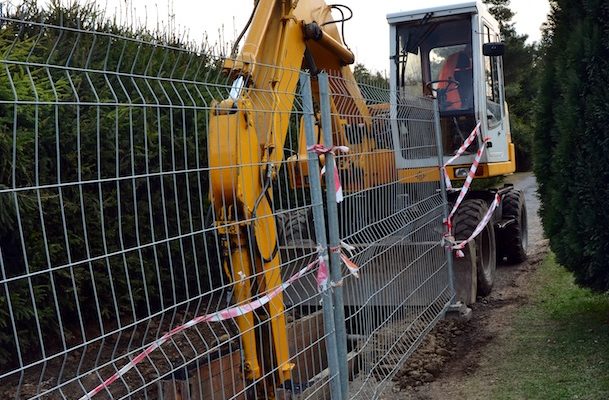May 3, 2018
Trenton – Governor Phil Murphy today signed an executive order establishing the Task Force on Employee Misclassification. Employee misclassification can allow employers to escape their legal responsibilities to their workers, such as ensuring adequate workplace protections and providing employment-related benefits like unemployment insurance and workers’ compensation. Employers often misclassify their employees intentionally in order to reduce labor costs and avoid paying state and federal taxes.
“The exploitation of workers is not only unethical – it is illegal,” said Governor Phil Murphy. “In New Jersey, we promote fairness, fight against discrimination, and work to end unfair labor practices. I am proud to take this step forward to end a practice that creates an unfair advantage over companies that play by the rules and hurts our working families.”
“We must crack down on wage theft,” said Attorney General Gurbir Grewal. “More and more employers are misclassifying their workers as ‘independent contractors’ because they think it’s cheaper than doing things the right way. But this practice isn’t just illegal. It actually makes New Jersey’s communities poorer in the long run by denying workers the wages and benefits to which they are legally entitled, and that are essential to building a fair and prosperous economy. We are proud to join with other states in fighting this growing problem.”
“Protecting workers’ rights is an important function of government and that role cannot just be limited to private businesses, but to the State and who it hires,” said Senate President Steve Sweeney. “When someone is in effect working as employee, but deliberately misclassified as an independent contractor, that worker is losing benefits, wages and other compensation. That just isn’t acceptable. This Task Force should ensure that the State is compliant with best practices. I look forward to working with them on this important issue. Anyone working for the State of New Jersey should know that their job, compensation and responsibilities match their job classification. This is about fairness.”






